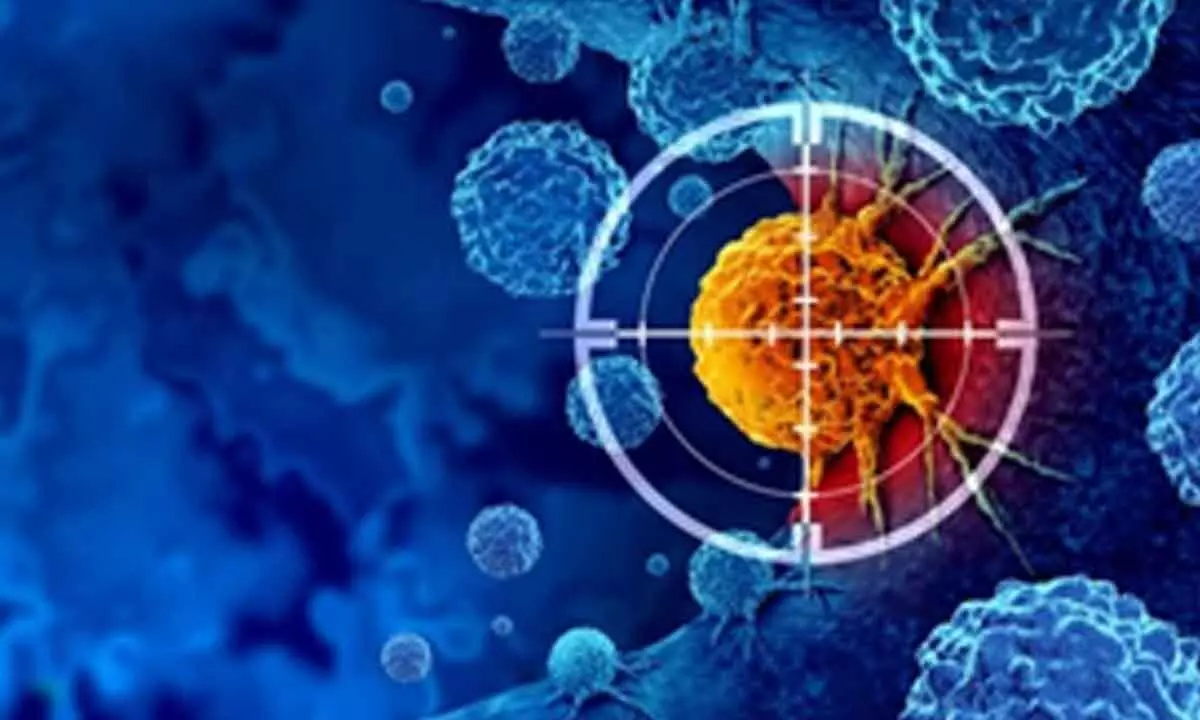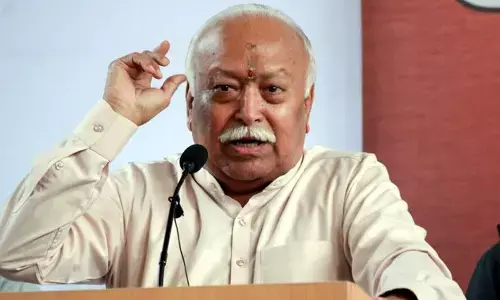New immunotherapy using nanoparticles offers hope for prostate cancer patients
Share :

A new form of immunotherapy using innovative nanoparticles can delay resistance to hormone therapy and help men with prostate cancer live longer, according to researchers.
New Delhi : A new form of immunotherapy using innovative nanoparticles can delay resistance to hormone therapy and help men with prostate cancer live longer, according to researchers.
Researchers from the University of Sheffield show that this new immunotherapy could extend the period before prostate cancer becomes resistant to hormone therapy.
For many men diagnosed with prostate cancer, androgen deprivation therapy (ADT) is a powerful first-line treatment. However, in some cases, tumours develop resistance to ADT, causing the cancer to spread and become incurable.
While immunotherapy has had success in treating other cancers, it has not been as effective for prostate cancer.
Researchers aimed to understand why and developed a novel approach. Using cutting-edge techniques, they studied immune cell function within prostate tumours post-ADT, leading to an innovative way to deliver immunotherapy.
Published in the Journal for Immunotherapy of Cancer, the study is the first to show that carefully designed nanoparticles can stimulate T cells to attack cancer cells, significantly delaying resistance to ADT.
Study leader, Professor Claire Lewis, from the University of Sheffield’s School of Medicine and Population Health, said: "The onset of resistance to hormone therapy is a major clinical problem in treating men with prostate cancer. Their tumours start to regrow and spread, making the disease difficult to treat."
The research revealed that macrophages, a type of white blood cell, accumulate around blood vessels in prostate tumours during ADT. Researchers then developed nanoparticles to deliver a drug to these cells, causing them to express interferon-beta, a potent immunostimulant. This stimulates T cells to kill cancer cells, delaying treatment resistance.
Dr Hayley Luxton, Research Impact Manager at Prostate Cancer UK, said: "Over 12,000 men die from prostate cancer each year in the UK. Immunotherapy has transformed other cancer treatments but hasn’t yet seen similar success for prostate cancer."
The study offers hope that this new form of immunotherapy could enhance the response to hormone treatment and delay resistance, potentially changing the outlook for prostate cancer patients.







